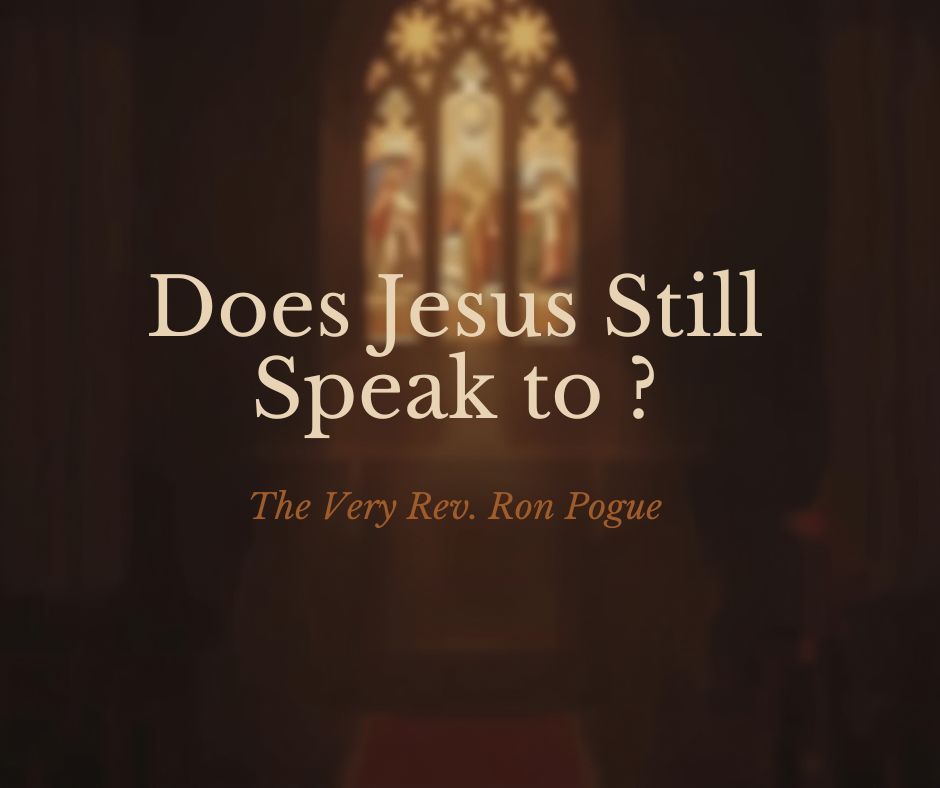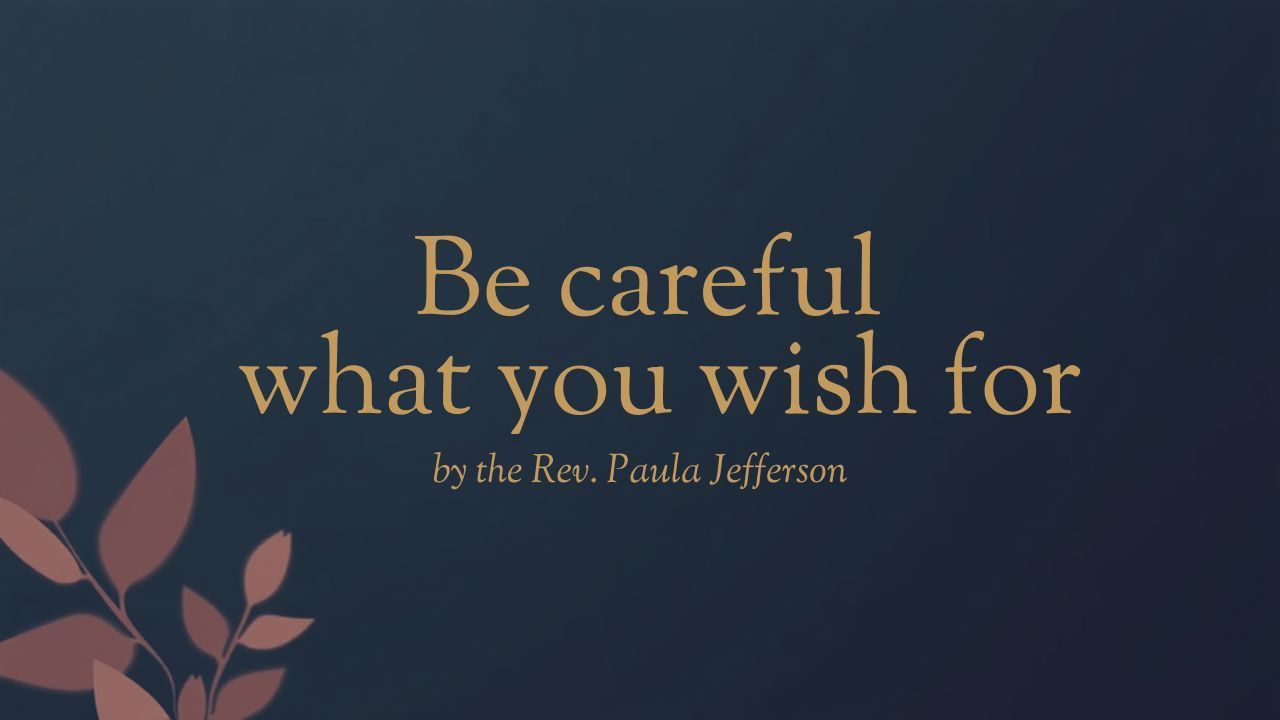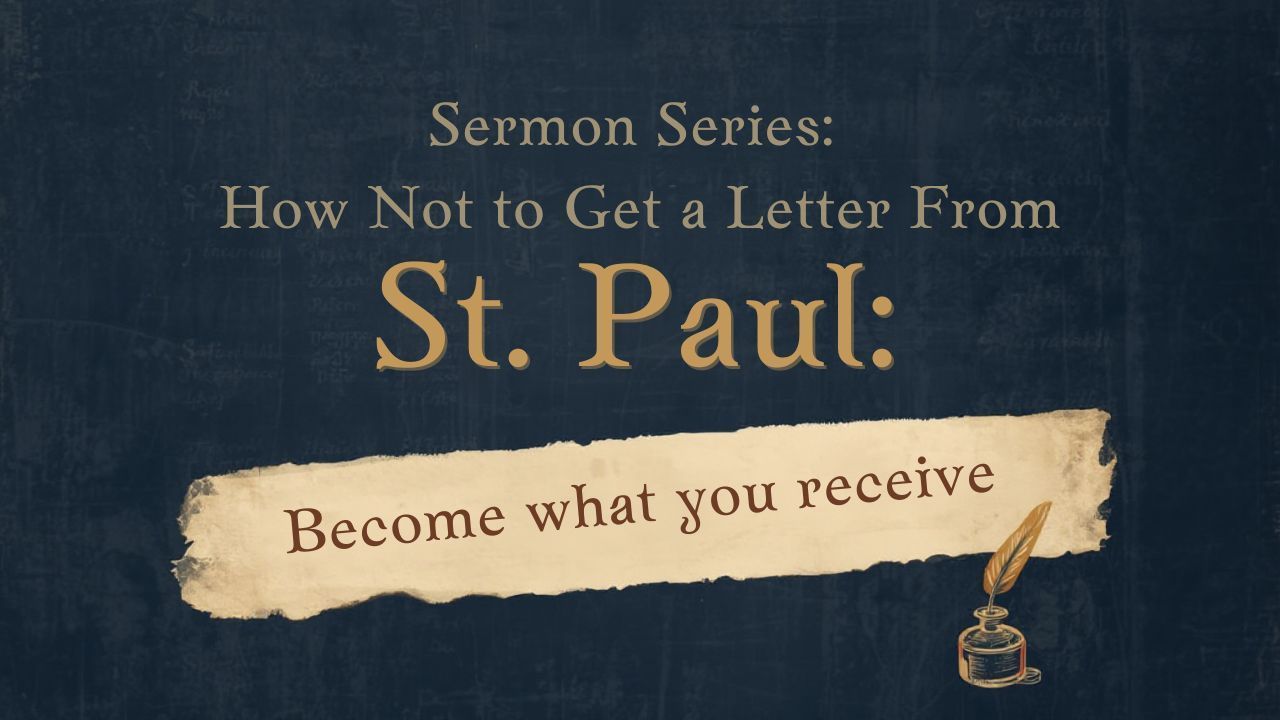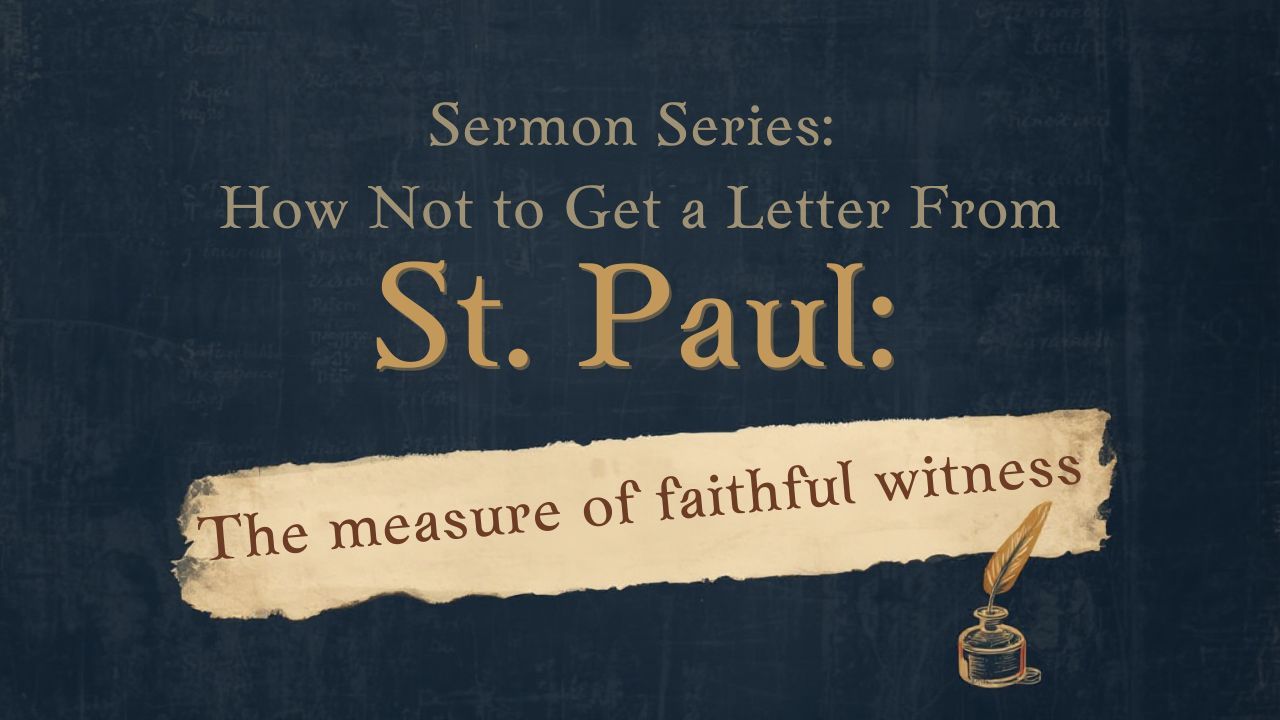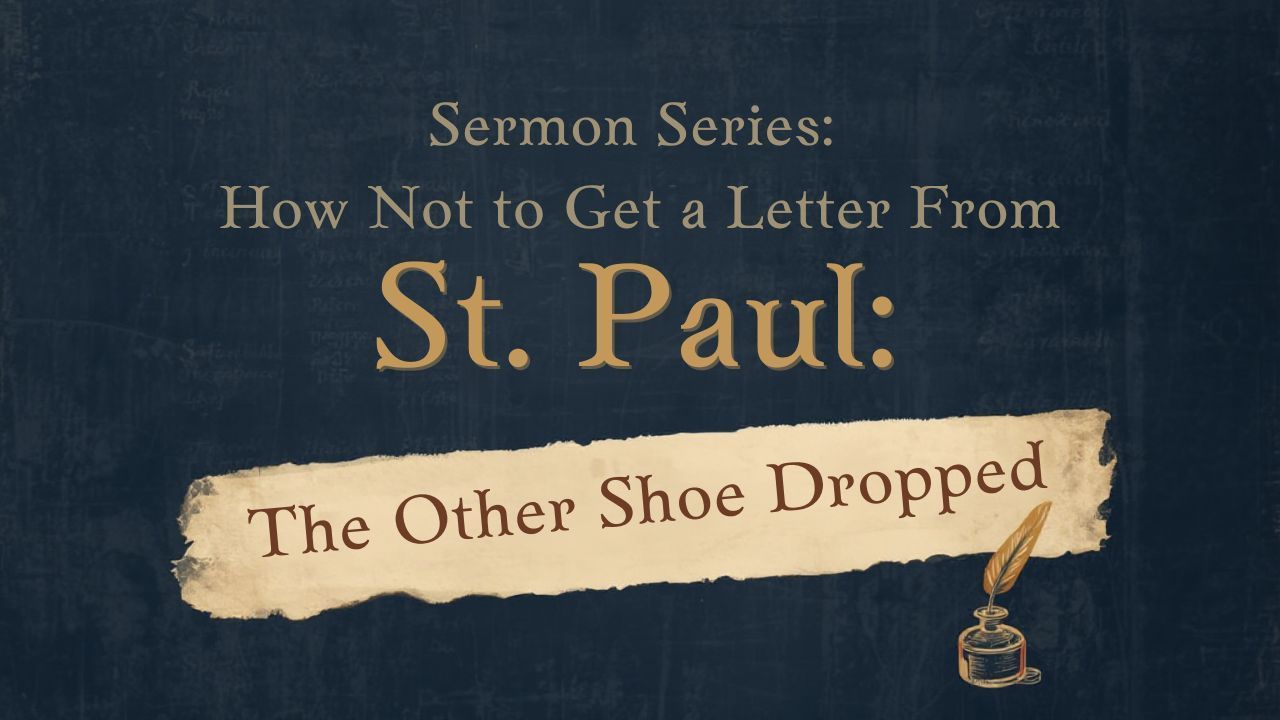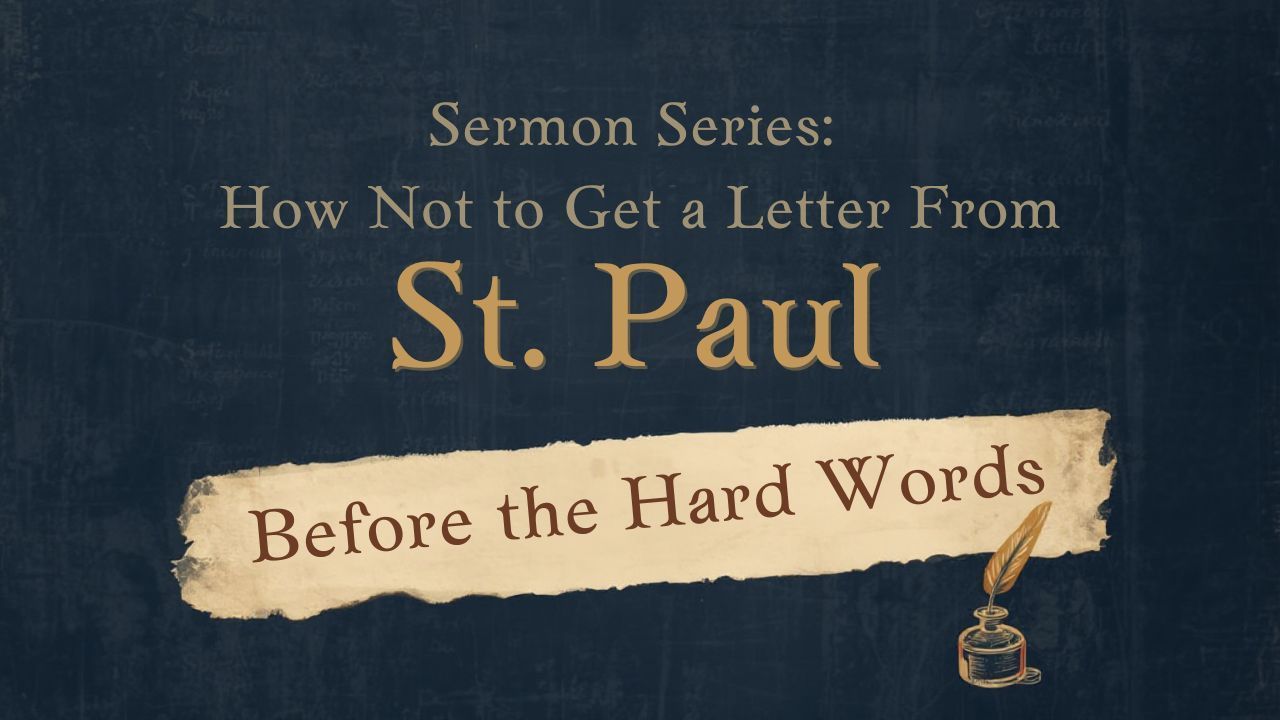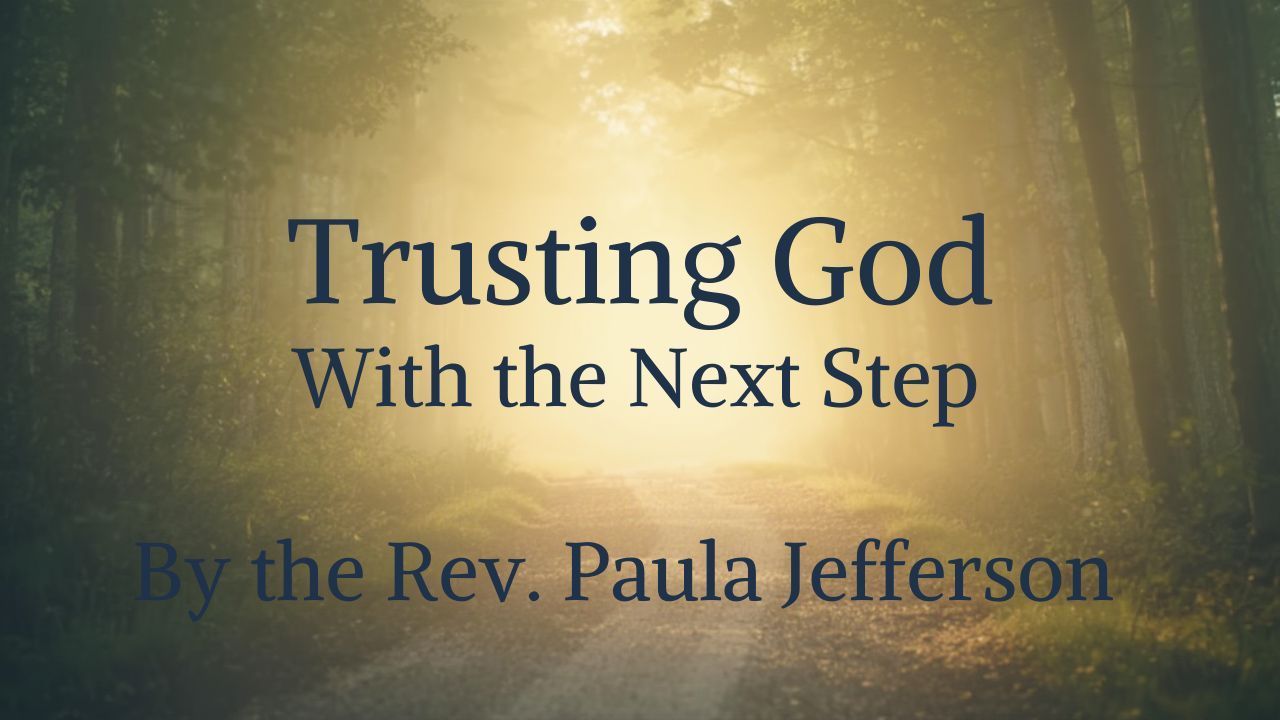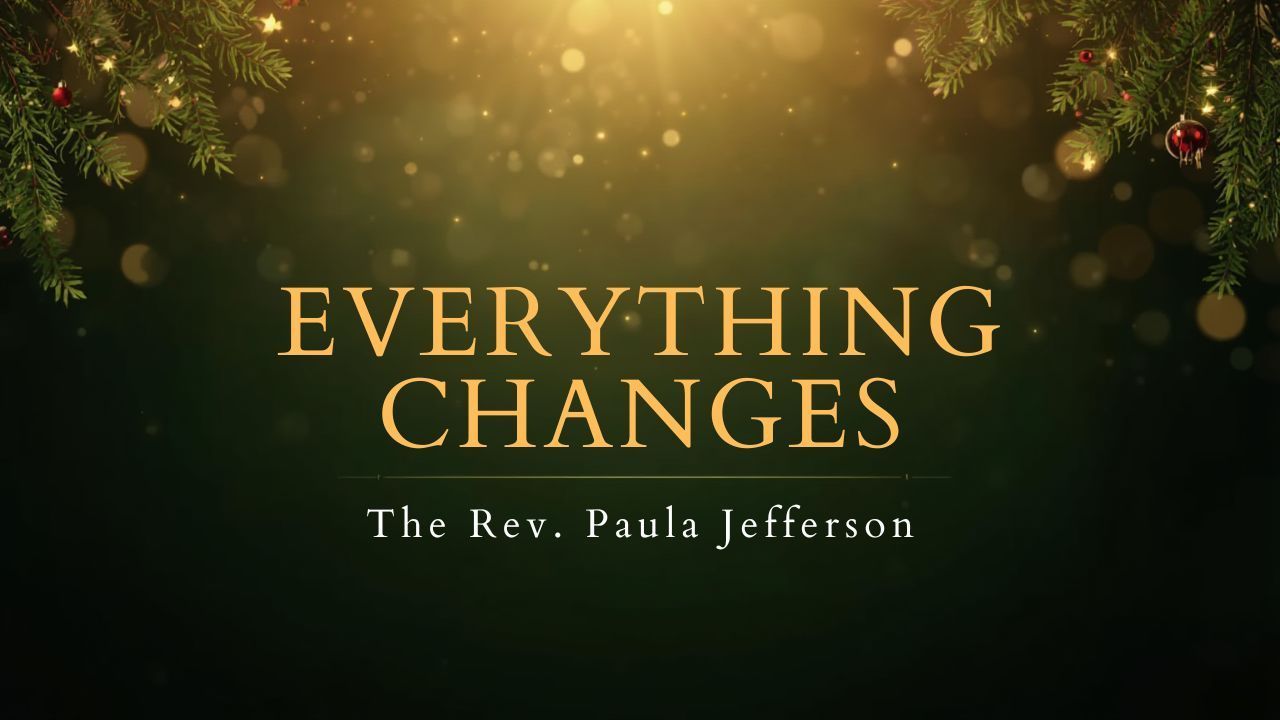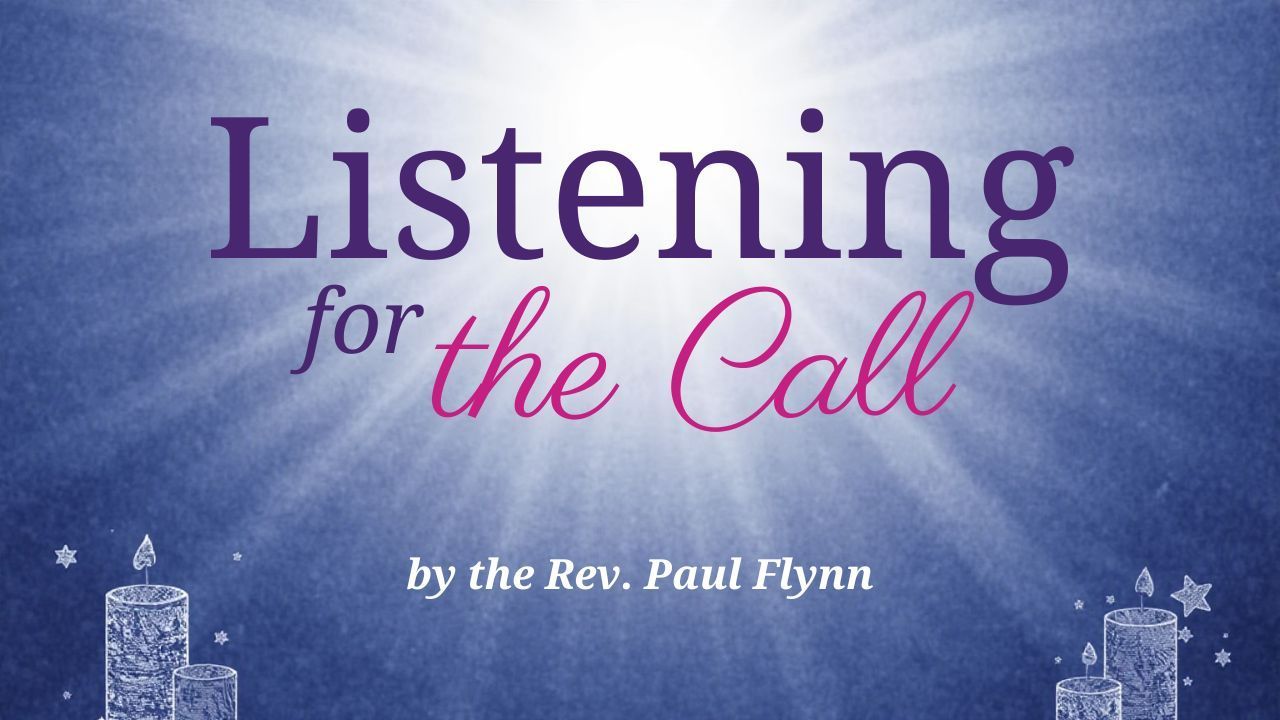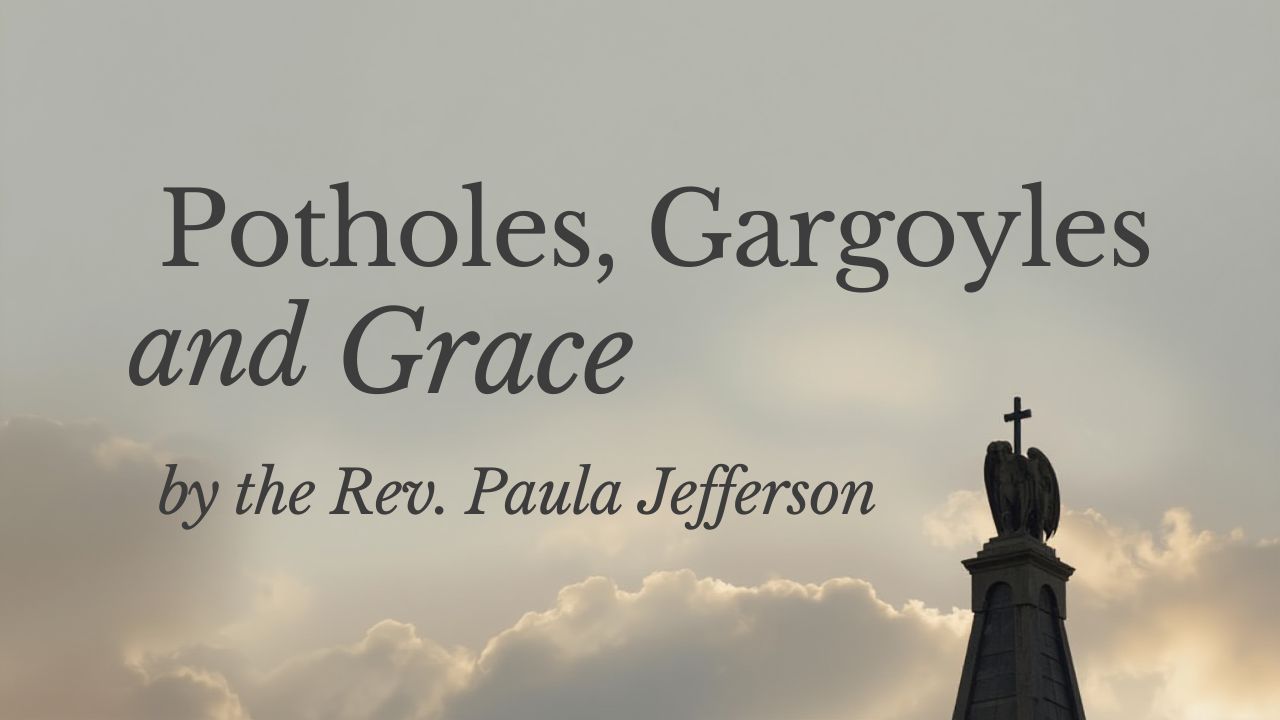When I turned three years old, my mom took me to the pediatrician for a 36-month check-up. Dr. Lynn did all the usual things and then he folded arms and observed me for a while. Eventually, he turned to my mom and asked, “Betty, is she always like this?” Mom said, “yes—this is who she is.” Dr. Lynn said, “I think this is ADHD…Ritalin would calm things down for her.”
But, there was a caveat. If Dr. Lynn was wrong, and I did not have ADHD, Ritalin would cause a counter-reaction—and I would be even more hyper than usual.
Spoiler alert: I do not have ADHD.
My parents talked it over and decided that Sunday morning would be a perfect chance to test Ritalin. Of course, my parents didn’t go to church. They sent my sister and I with Grandma. On Sunday morning, my unsuspecting Grandma picked us up and we went to the little Baptist church in my hometown.
By the time Rev. Bolster was leaning to his sermon—waving his arms and shouting for Jesus, Ritalin was coursing through my veins. I wanted to preach, too.
So, I slid off the pew and under the pew in front us. Then I began to army crawl toward the front of the church. And, wow, suddenly I noticed all these shiny dress shoes without shoelaces and I began gathering people’s shoes along the way.
When I popped up in front of the first row, I had an armful of shoes. I dropped them and ran up the stairs to stand beside Rev. Bolster.
None of this activity had affected his sermon. He was still waving his arms and shouting, and was I mimicking everything he did.
Grandma finally had enough and came to get me. My first sermon ended very abruptly.
Because I was so young, I have no personal memory of this event or the rest of the day before Ritalin wore off. The reason I know the story so well is because, in my family, Sunday dinner was a command performance.
After church, my aunts and uncles and cousins gathered at grandma’s home for a big meal. When the dessert plates were finally cleared, the coffee pot came to the dinner table. Everyone pushed their chairs back from the table and then the story telling began.
Stories, like the day of Ritalin, were told over and over again. I heard stories about my parents and my aunts and uncles when they were children, stories about when our family came to America, stories about families in our community. We sat at the table for hours.
Sunday dinner was holy space, a weekly ritual where the real dish being served was relationship.
Today’s Gospel reading places us at the Maundy Thursday dinner table. Jesus has already washed everyone’s feet, Judas has gone into the night to betray Jesus, and now everyone’s pushed their chairs back from the dinner table. It’s that time in the evening when they’re expecting Jesus to teach. Maybe it will be a new parable or a recalling a particular healing or that time when the disciples went out on their own, two by two.
But tonight’s conversation will not be a trip down memory lane.
Instead, Jesus will speak to them for hours…Chapters 14, 15, 16, and 17 of John’s Gospel are called “the farewell discourses.” All of it happens after the meal. These are the words Jesus felt he needed to say to his family and friends before he moved to the Garden of Gethsemane and the cross.
What he chose to say was all about relationship.
“As the Father has loved me, [he said], so I have loved you; abide in my love.
If you keep my commandments, you will abide in my love, just as I have kept my Father’s commandments and abide in his love.
It sounds circular because it is. Jesus is part of God’s life in the Trinity. He has extended his love to us. We are invited to abide in Jesus’ love which abides in God’s love. This is an ever-evolving, never-ending relationship into which the incarnate Christ welcomes you and me.
“No one has greater love than this, to lay down one’s life for one’s friends”.
Because Jesus said this at the Maundy Thursday meal, it seems like he is referring to the cross. This week, I wondered if he is also reflecting on all of his life. From the moment of Jesus’ birth, his life invited people to come and abide in God’s love. The shepherds, the wise men, Herod—all of them felt a new Presence in our world.
Wherever Jesus went, he welcomed people into relationship. He listened, he told stories about his relationship with his Father, and he taught us a new way of being in relationship: As the Father has loved me, so I have loved you; abide in my love.
He tossed the keys to his life to us, and said “You are my kin…come, abide in me”.
Many of you know I grew up in Appalachia, where passing down stories from generation to generation is the fabric of community. We know one another’s stories—and we hold them for one another.
We do much the same thing in our congregational life: We read Scripture that tells us about God’s engagement with our world over thousands of years. We recite creeds. We pray as a community for our community. We sing together. We break bread and share the cup of Christ’s new covenant.
And then what?
We pass these stories to new generations of followers through Christian formation, through our welcome of guests who come to see what the Church means today.
We abide in God’s love when we feed the hungry, clothe the naked and bind up the wounds of need. We abide in God’s love when we listen deeply and hold one another’s stories. This is relationship.
It is what Jesus offered to us.
We are called to toss the keys to our life—St. Christopher’s life—to a community of people desperate to know Love.
Amen.
